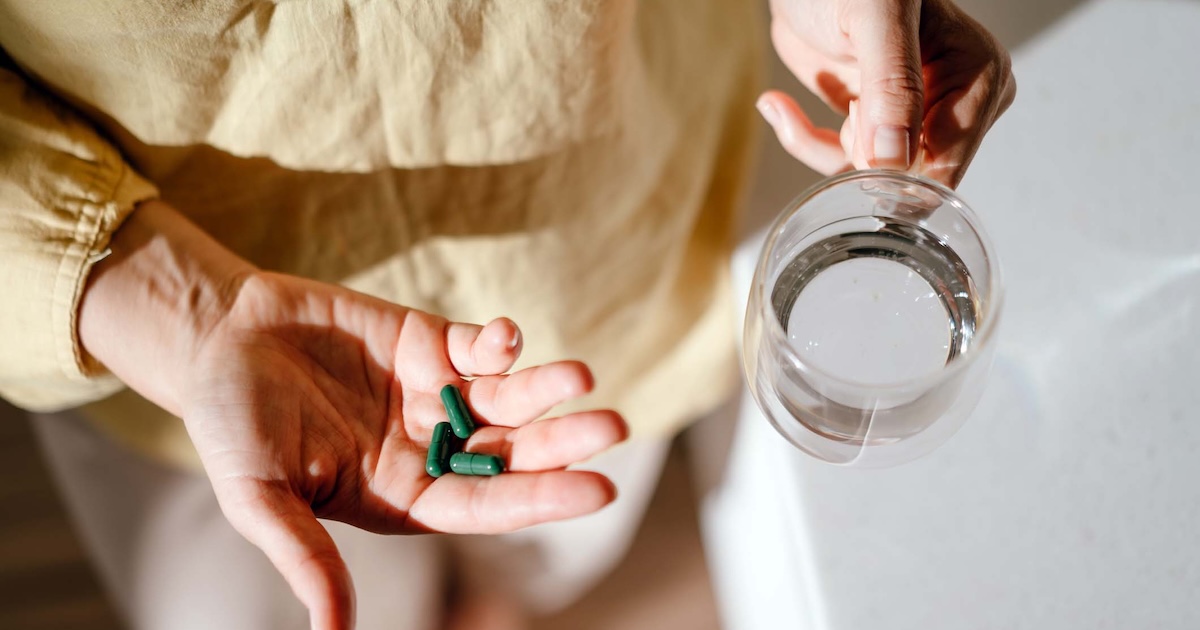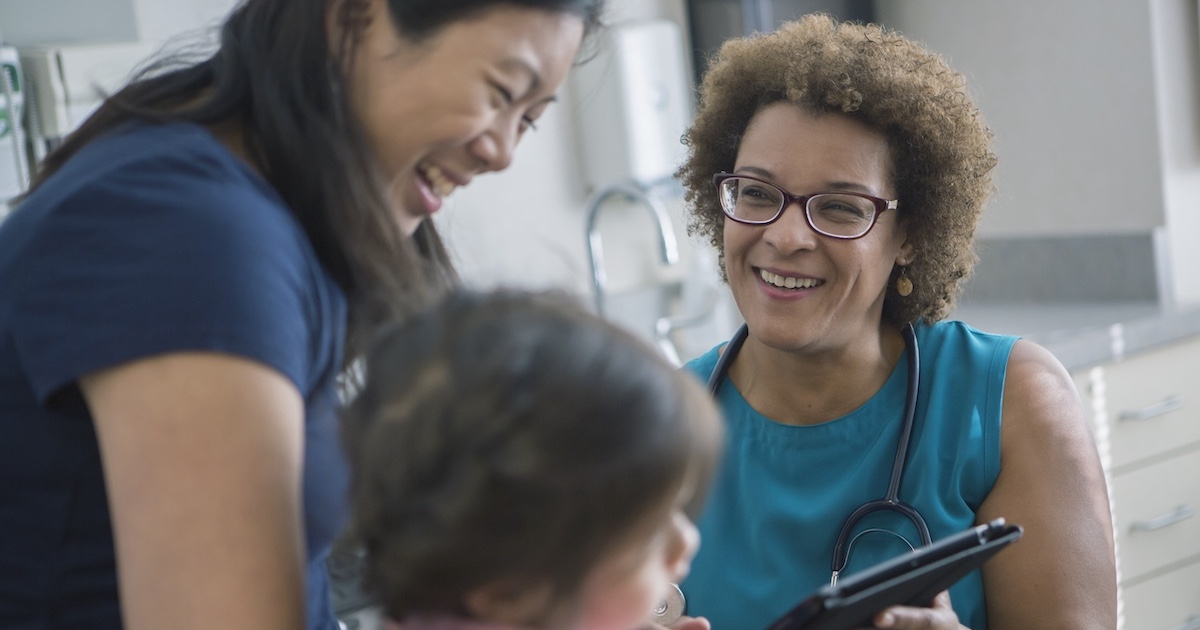A British company is pioneering a camera-based monitor designed to help parents and healthcare providers keep tabs on an infant's vital signs without the need for any attached sensors.
The technology could prove ideal not only for neonatal intensive care and pediatrics units, but in any healthcare location where wireless non-contact sensors might be preferred.
Oxehealth's Oxecam technology is designed to measure the heart and respiratory rate of an infant through motion tracking technology embedded in the camera. The monitor – company officials have said it's sometimes likened to a Tricorder – can then send alerts to caregivers if it detects any changes in vital signs.
“Virtually every new parent in the UK buys a baby monitor when they first have a child, and some will buy multiple monitors as they seek to find the best on the market,” Oxehealth CEO Jonathan Chevallier said in a press release. “Building vital signs monitoring into these devices would enable constant feedback to parents on the baby’s heartbeat and breathing rate, providing considerable reassurance to parents and early warnings of any problems.”
Oxehealth, based in Oxford, was launched in 2012, coming out of the University of Oxford's Institute of Biomedical Engineering.
Company officials say the Oxecam measures respiration by detecting movements in the face and upper thorax. It checks blood oxygenation by measuring the differences in the absorption of wavelengths of light and targets blood rate by measuring the reflectance of light as blood pulses through the skin.
The technology has been tested in the neonatal intensive care unit and the kidney unit at John Radcliffe Hospital, part of the NHS' Oxford University Hospitals Trust, and company officials see its potential in other settings. Oxehealth is now in the midst of a six-month project, funded by a grant from Innovate UK, to test the technology on patients at Broadmoor Hospital, a high-security psychiatric hospital.
“Using technology to improve the patient experience and to promote patient safety is exactly what all providers of healthcare are hoping to achieve,” Amlan Basu, clinical director at Broadmoor, said in a December 2014 press release issued by Oxehealth.


